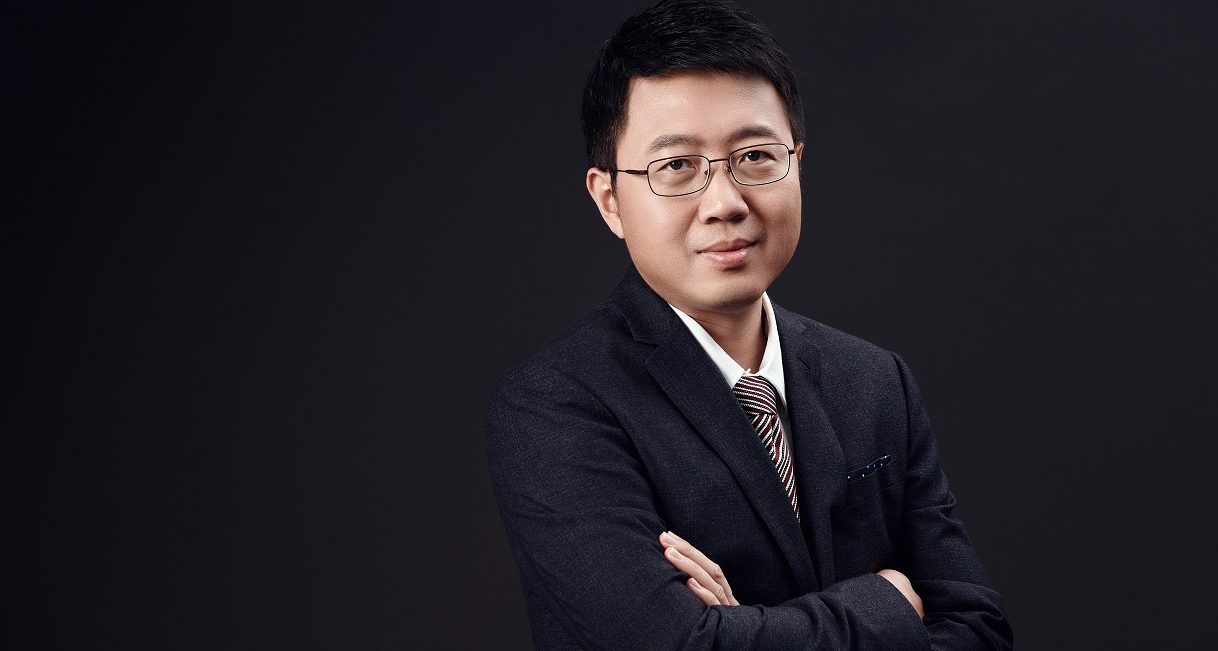In a dramatic turn of events within the realm of artificial intelligence, Tencent AI Lab recently witnessed the departure of one of its key figures, Zhang Tong. This shift is not just significant for Tencent, but also reflects a broader trend occurring within the industry, especially among major Chinese tech firms. As the AI landscape continues to evolve, the loss of top talent like Zhang has ripple effects that influence corporate strategies, investor confidence, and innovation capabilities.
The Departure of Zhang Tong
Zhang Tong, who guided Tencent AI Lab for nearly two years, has decided to return to academia, marking a pivotal transition from corporate leadership to research-oriented pursuits. With an impressive résumé that includes stints at Yahoo, IBM, and Baidu, Zhang’s contributions to Tencent during his tenure cannot be overstated. Under his direction, the AI Lab aimed to blend fundamental research with practical applications, an approach essential for harnessing AI’s transformative power across various sectors.
Tencent expressed appreciation for Zhang’s leadership, stating, “We are grateful for Zhang’s contributions to Tencent AI Lab and continue to explore fundamental and applied research that can make the benefits of AI accessible to everyone, everywhere.” However, his exit raises questions about Tencent’s future direction, particularly given that no successor has been appointed yet.
The Broader Context of Talent Exodus
The trend of losing top AI talent is not exclusive to Tencent. For instance, Baidu also faced high-profile exits, including that of Andrew Ng, a pioneer in deep learning, and Lu Qi, who led the company before navigating into Y Combinator’s program for China. Such departures underscore the challenge technology firms face in retaining leading experts within a rapidly expanding and competitive market.
As competition heats up, not having visionary leaders at the helm can significantly impact a company’s innovation trajectory. Following Lu Qi’s exit, Baidu’s stock saw a decline as market analysts voiced concerns about a growing talent vacuum. Given the nature of technological advancement in AI, which heavily leans on creative and intellectual capital, the implications of losing such figures are profound.
Continuing the AI Journey at Tencent
Despite the upheaval within its leadership, Tencent remains steadfast in its commitment to advancing artificial intelligence. The company has been pivotal in launching various initiatives, one of which is WeChat. By integrating natural language processing (NLP), WeChat has become adept at accommodating multilingual communication, showcasing how AI can break down language barriers and foster social connectivity.
Moreover, Tencent’s Tiantian Kuaibao, a news aggregator platform, underscores AI’s potential in personalized content delivery. Through the use of deep learning algorithms, Tiantian Kuaibao suggests articles based on readers’ preferences, directly competing with platforms like Jinri Toutiao, which is powered by ByteDance’s AI capabilities.
- Investment in Research: Tencent’s AI Lab was launched in April 2016 and has since grown to include 70 research scientists and 300 engineers. The lab’s focus spans machine learning, computer vision, speech recognition, and NLP.
- Strategic Initiatives: Tencent has not only prioritized fundamental research but has also made significant investments in practical applications that service its primary business divisions like content and cloud computing.
- Expanding Horizons: The addition of the Youtu Lab demonstrates Tencent’s commitment to advancing its AI capabilities further, particularly in image recognition and related technologies.
Conclusion: The Future of AI at Tencent and Beyond
The departure of a figure like Zhang Tong undoubtedly poses challenges, but it also offers an opportunity for Tencent to rethink its AI strategy and explore fresh leadership dynamics. As the tech giant continues to embrace AI advancements, it aims to maintain a competitive edge against others in the field while ensuring that innovation remains at the core of its mission.
As we navigate this dynamic landscape, it is pertinent to recognize the importance of talent retention in tech companies and the impact of executive transitions on the trajectory of AI development. Advances in artificial intelligence are not only about technology but also about people steering that technology toward beneficial outcomes.
At fxis.ai, we believe that such advancements are crucial for the future of AI, as they enable more comprehensive and effective solutions. Our team is continually exploring new methodologies to push the envelope in artificial intelligence, ensuring that our clients benefit from the latest technological innovations.
For more insights, updates, or to collaborate on AI development projects, stay connected with fxis.ai.

